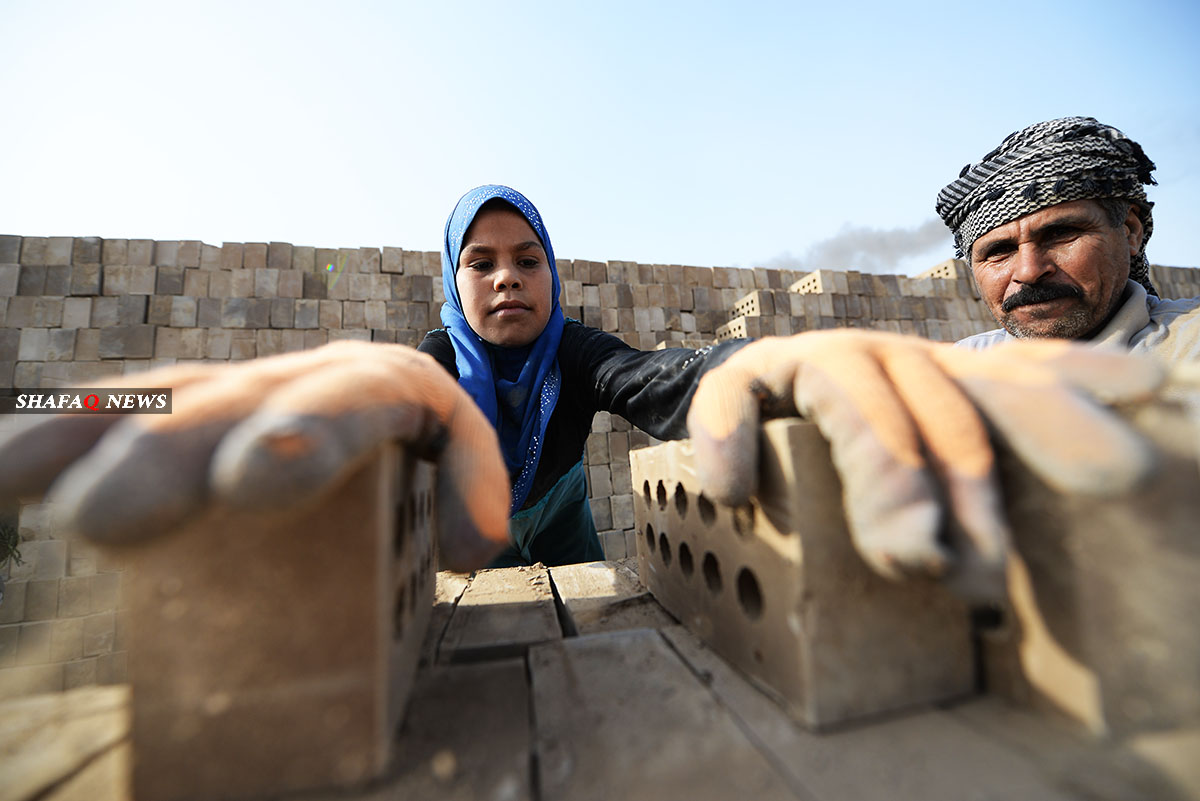The Strategic Center for Human Rights in Iraq revealed The country ranks fourth in the Arab world in child labor, while he warned of the growing phenomenon of begging by Iraqi children and children of Arab and foreign nationalities led by organized crime gangs .
The head of the center, Fadhel Al-Gharawi, said in a statement that “Iraq ranks fourth in child labor after Yemen, Sudan and Egypt, with a rate of 4.9% in young age groups, whose work is concentrated in the industrial, agricultural and service sectors at high rates .”
He attributed the high rates of child labor in Iraq to “the economic conditions due to low family income, high unemployment and poverty rates, the conflicts that Iraq has experienced and displacement, the increase in the level of domestic violence against children, and the weakness of the legal system and strategies to protect children’s rights .”
Al-Gharawi added that “one of the most important forms of disguised child labor, which is considered a form of human trafficking, is begging,” indicating that “child begging has increased significantly in recent years in all governorates of the country, as 57% of child beggars are males and 33% are females, most of whom are accompanied by relatives or criminal gangs when they beg .”
He continued, “Some child beggars are kidnapped, exploited or trafficked, in addition to child beggars of Arab and foreign nationalities who are led by organized crime gangs .”
Al-Gharawi pointed out that “this phenomenon has begun to generate very large economic resources for these gangs, and threatens societal, economic and cultural security and reflects a distorted image of the country,” expressing his great regret for “the spread of this phenomenon in front of the eyes of the security forces and state institutions without serious treatments .”
The head of the Strategic Center for Human Rights called on the government to “address this phenomenon by eliminating organized crime gangs, including them in the Anti-Terrorism Law, placing child beggars in shelters or youth centers, providing them with rehabilitation and psychological programs, creating real job opportunities, and reviewing the punitive provisions for the phenomenon of begging.”






